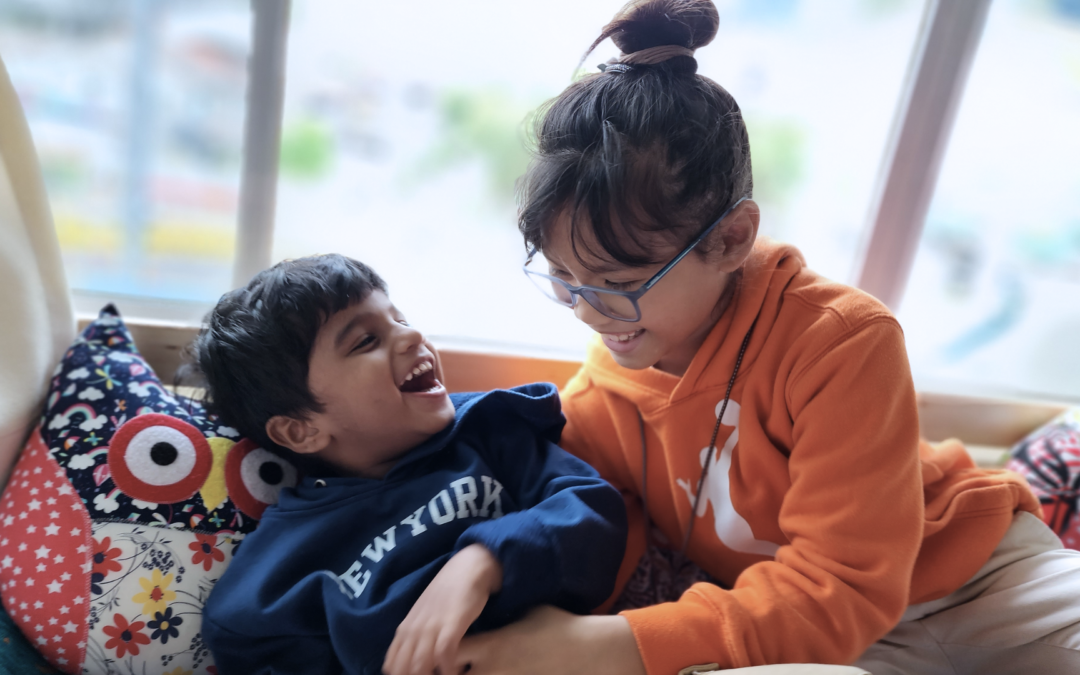It’s been over 30 years since Seymour Papert’s article, “Obsolete Skill Set: The 3 R’s, Literacy, and Letteracy in the Media Ages,” was published, and his words are more relevant than ever.
With the rise of artificial intelligence (AI), society is undergoing a fundamental shift that harkens an indictment of a schooling system that may not be able to keep up–making obsolete many traditional skills and a growing concern of cheating and hyper surveillance.
This shift perhaps need not have to be a negative one, but it requires a conscious decision to raise our children with a new, pertinent set of values and skills.
In Papert’s article, he argued that the traditional focus on reading, writing, and arithmetic was becoming obsolete in the digital age. It was as relevant then as it is now–because it’s long past time to shift our educational priorities to focus on creativity and problem-solving skills, essential as they are in the age of automation.
Today, we are living in that age. AI, in its–perhaps alarming–growing advancement, is increasingly taking over many of the tasks that used to require human intervention, from driving cars to churning out (appropriated) art. The need for traditional skills is diminishing, and ‘new’ skills are becoming essential. As AI becomes more prevalent, the potential for cheating and manipulation increases. Combine that with a schooling system that lauds memorization and regurgitation of information in high-pressure exams, it’s a recipe for disaster: you don’t need to look too far from the controversy of AI art built off the mangled remains of human artists’ works, to see that convenience now trumps authenticity.
The evolution of technology should not and need not lead to the devolution of humanity.
But this begins with the moment a child is born–with the conscious decision to bring them up to celebrate their contribution to the world as creative, productive, and intelligent members of society with access to an evergreen ‘Knowledge Machine’ resource from within to amplify humanity and all of its raw and rugged and natural creations.
And yet, this is just one aspect of a larger challenge we face: we must also ensure that our children are raised with a sense of purpose and responsibility. That begins with a self-reckoning, to impart upon them the understanding that their contributions to the world are not just measured by their academic achievements but by their ability to create and innovate with integrity. To teach them that they are not disposable, but welcome to the table with all of their unique ideas and solutions.
The potential of AI is vast, but the potential of individuals who so frequently have their natural creativity and curiosity stifled is even more so. Imagine what we could do with children who are prepared for the future with the adaptability to thrive in today’s world of conformity.
The traditional model of education, focused solely on the acquisition of knowledge, is no longer sufficient. It never really was, one might argue. In any case–we need to shift our focus to developing and nurturing existent skills that cannot be replicated by machines. We need to teach our children to think critically, question assumptions, and generate innovative solutions to problems, more timely than ever given the dangerous potential of misinformation, for one, created by AI.
Building up our kids isn’t just about equipping them with a set of skills. It’s about empowering them to become agents of change in a world that is constantly evolving–something so profoundly intrinsic and unique to the human experience that it can’t be co-opted by a trained machine. We need to teach them to challenge the status quo, pursue their passions, think outside the box, and be unapologetically themselves in a way that in turn, facilitates environments that don’t perpetuate disposability and the here-and-now.
The future belongs to those who can adapt to change, think creatively, and learn continuously. Children can be capable of thriving in a world where the only constant is change, to contend with the faux Knowledge Machines of our time built off the backs of real humans’ work. Perhaps it’s a pipe dream–but that remains up to us, what we truly value, and who (or what) we look to as purveyors of innovation, creativity, and art.
References
Papert, Seymour. “Obsolete Skill Set: The 3 R’s, Literacy, and Letteracy in the Media Ages.” DailyPapert.com, 13 Apr. 1997, https://dailypapert.com/obsolete-skill-set-the-3-rs-literacy-and-letteracy-in-the-media-ages/

